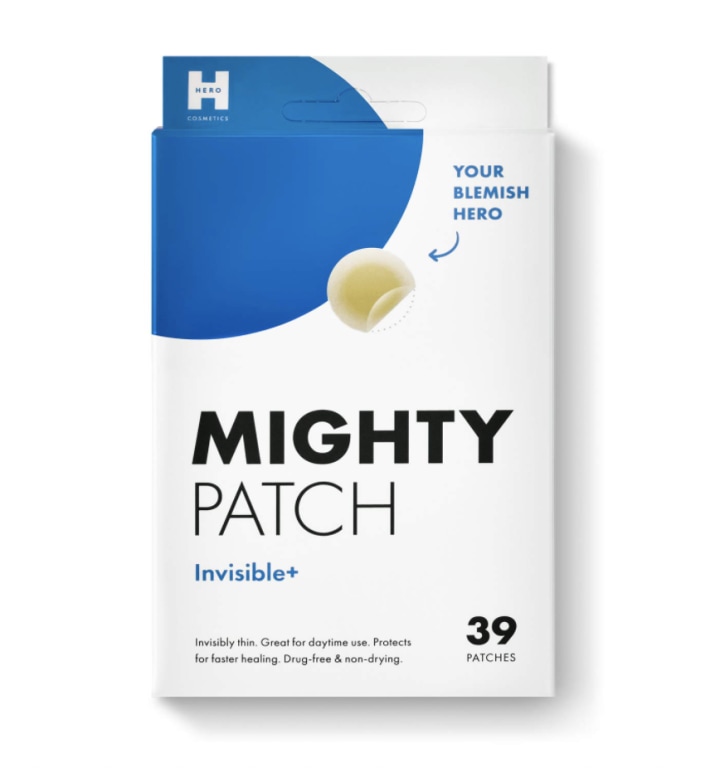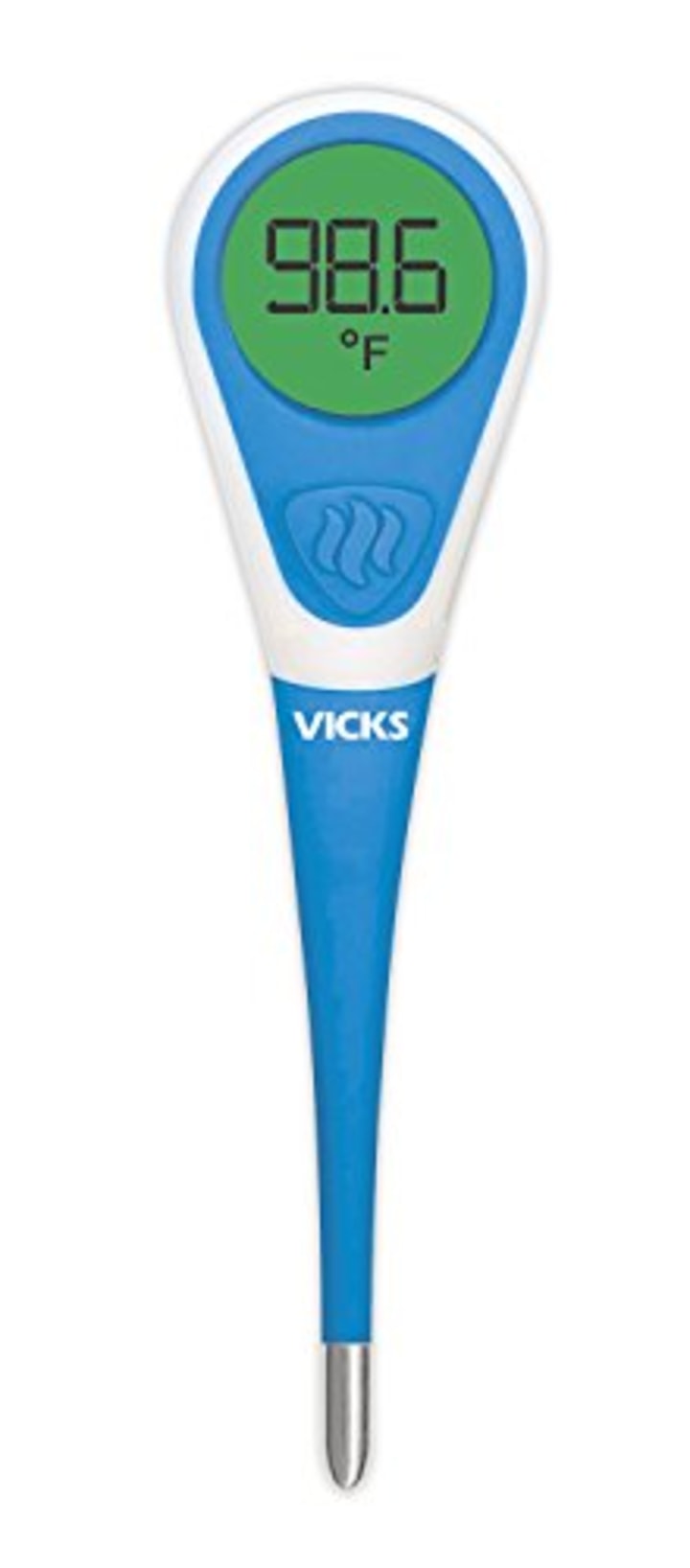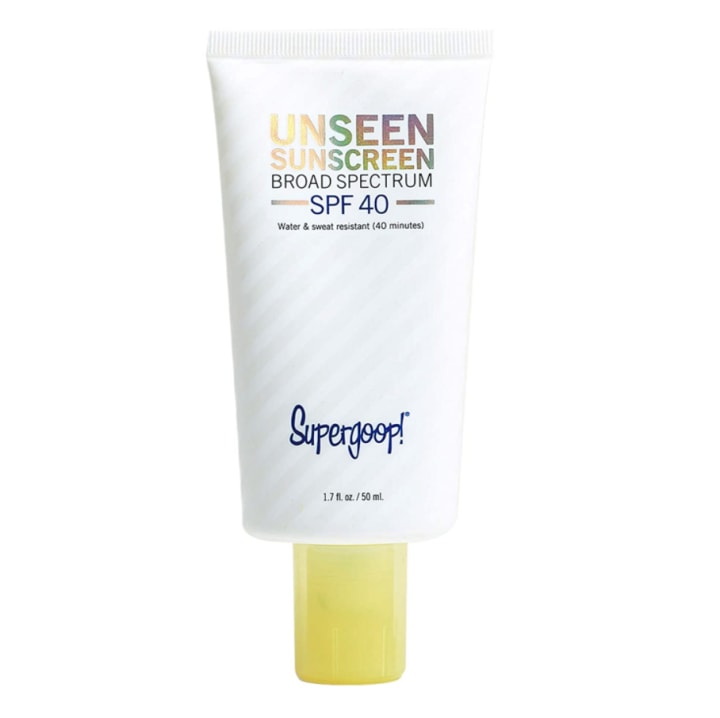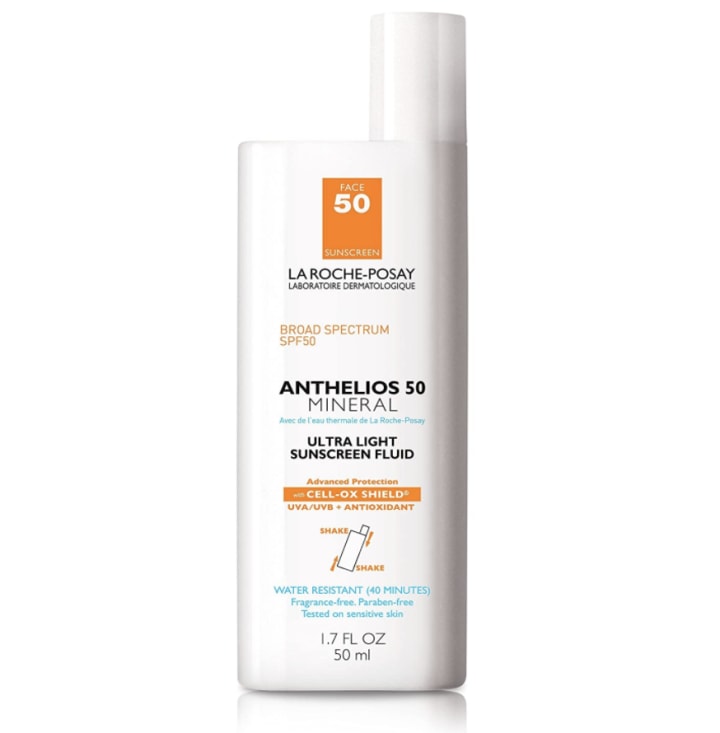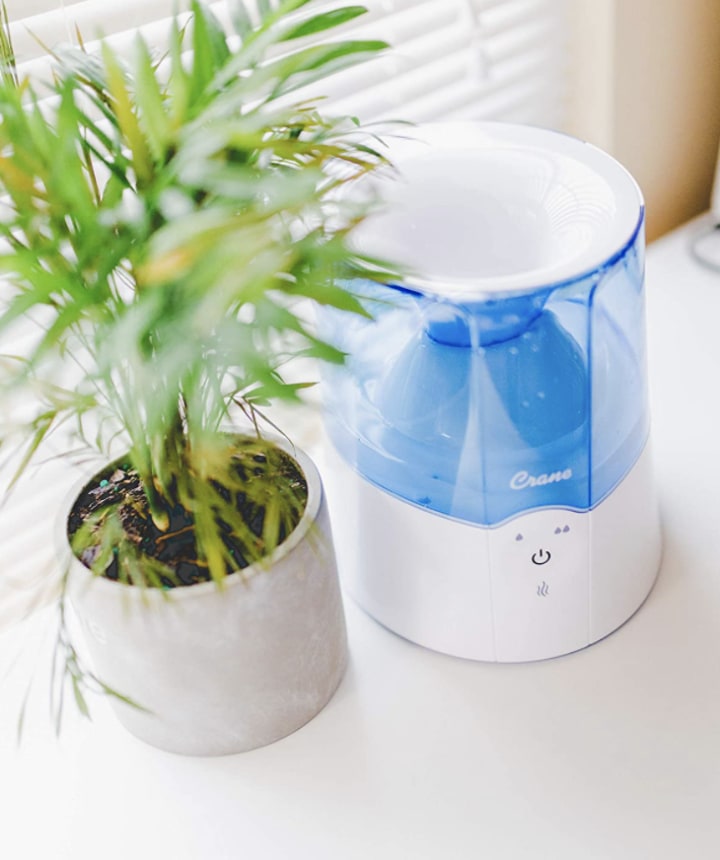If you have a flexible spending account, or FSA, now’s the time to use up any money left over from last year — and you might be surprised by just how far reaching FSA eligibility is: It covers everything from face wash to tampons and reading glasses to breast pumps.
SKIP AHEAD HSA- and FSA-eligible products we’ve previously covered
When it comes to FSAs, the most important rule you’ll want to remember is “use it or lose it.” Usually, FSA funds expire on December 31. But, depending on exceptions set by your employer, your FSA funds could be given a grace period of two months and 15 days into the following year — you would then have until midnight on March 15 to spend the remaining balance in your account. Or your employer might limit the amount you’re allowed to carry over into the next year, up to $550. Employers can only offer one of these options, so you’ll want to double check your company’s guidelines.
An FSA is also different from an HSA, or a health savings account — you might have seen the label “FSA- and HSA-eligible” on items while shopping online but the two aren’t the same. To help you understand the differences between the two and how to use them, here’s what to know about FSAs, HSAs and what an FSA or HSA can help cover.
What is an FSA?
Whereas FSA funds have a deadline, HSAs can be used at any time. But that isn’t the only difference between the two.
FSA stands for flexible spending account (you also might hear it being referred to as a flexible spending arrangement). If you have health insurance through your job, the company may offer either one as an option. You can put money (which can be withheld from your paycheck) into one to pay for some out-of-pocket healthcare costs. It’s important to know that no employment or federal taxes are taken out from the money you decide to contribute (your employer can choose to contribute, too), according to the Internal Revenue Service. Keep in mind: There is a limit to the maximum amount an FSA can hold, which the IRS set at $2,750 for 2020 and 2021 — your employer can choose to limit your plan to less than that.
What is an HSA?
HSA stands for health savings account. Think of an HSA as a “tax-exempt trust,” as the IRS defines it, managed by a “trustee” like a bank or an insurance company and into which you can tap to pay for medical charges like deductibles and copayments. Like an FSA, the money in an HSA is untaxed. How much you can contribute to an HSA depends on factors like the kind of coverage you have and even your age. Unlike an FSA, however, you can only set aside money in an HSA if you have a high deductible health insurance plan, which only covers preventive services before meeting your deductible (the amount of upfront medical costs you pay before your health insurance kicks in).
What expenses are HSA- or FSA-eligible?
The list is pretty long but includes eyeglasses (and contacts), hearing aids, pregnancy test kits and much more. One big change in 2021, thanks to the Coronavirus Aid, Relief, and Economic Security Act, or the CARES Act, you now can use your HSA or FSA card to buy over-the-counter medicine with or without a prescription and period care products. But, while items like thermometers and oximeters are covered, face masks and hand sanitizer are not.
Where to shop for HSA- or FSA-eligible products
When it comes to where to find HSA- or FSA-eligible products online, Shopping reader favorite retailers like Amazon, Target, Walmart and CVS all have dedicated FSA Stores to shop. But your best bet might be the FSA Store itself, as recommended by one expert who spoke to BETTER — you can use your FSA or HSA card for almost anything you’ll find there.
Amazon HSA- and FSA-eligible products
It wasn’t until 2019 that Amazon started accepting FSA and HSA cards as a form of payment. Now, the retailer allows you to add the card to your account. You can also check out the eligibility list of products that are HSA- and FSA-eligible, which includes first aid kits and deodorants. When you search for products, they’ll have a bolded label of FSA- or HSA-eligible that you can also confirm by filtering your search bar from the automatic “All Departments” to the “FSA or HSA Eligibility List” option. Notably, the Amazon FSA Store has categories including Covid-19 essentials like thermometers and summer essentials, featuring sunscreens from brands like CeraVe and Neutrogena.
CVS HSA- and FSA-eligible products
The CVS FSA Store carries items that can be paid for with HSA and FSA dollars. Products are sorted by different concerns, including sexual health, pain relief and feminine care. When you check out, you can add your FSA card to your order. If you don’t have an FSA card, you should keep a copy of your receipt in order to submit it for reimbursement to your FSA administrator. CVS also offers a free end-of-year report on all the FSA purchases you’ve made using its ExtraCare card — which is the pharmacy’s free rewards membership program. Keep in mind that many of the FSA-eligible items only ship free with orders over $35 — some ship free with CVS’ paid CarePass membership. Think of it like Amazon’s Prime membership with one to two day shipping for $4 a month (annual membership) or $5 a month (monthly membership).
FSA Store FSA-eligible products and HSA Store HSA-eligible products
Think of the FSA Store as the one stop shop for all things FSA-eligible. There’s also a separate HSA Store that’s specifically for HSA-eligible products. But since FSA funds are time-sensitive, let’s focus on the FSA Store. The company claims that all the products on its site are FSA-eligible, but you’ll want to make sure your particular FSA plan doesn’t have limits on what you’re planning on purchasing. Like Amazon, the FSA Store allows you to use your FSA card to avoid submitting paperwork. For helpful guidance, the FSA Store lists categories like bestsellers to browse through and even features new arrivals (like tampons from period card brand LOLA) and trending products, including a highly-rated acupuncture mat).
Target HSA- and FSA-eligible products
When shopping through Target’s site, HSA- and FSA-eligible products are rounded up at the FSA & HSA Shop, which currently includes more than 2,000 items. It’s important to note that Target doesn’t accept HSA or FSA cards at the moment. Instead, you can use a credit, debit or gift card on eligible products and then send in the receipt for reimbursement. Target says on its site that its online catalogue of HSA- and FSA-eligible products only features products that don’t need a prescription. With the news that over-the-counter medicine without a prescription can now be covered with an HSA or FSA, Target has a section dedicated to “everyday essentials” with ibuprofen and bandages that you can stock up on.
Walmart HSA- and FSA-eligible products
The FSA and HSA Shop at Walmart has categories for different concerns like diabetes management, baby care and eye and ear. Similar to Target, Walmart only offers HSA- and FSA-eligible items that don’t need prescriptions in its shop for “ease of purchase.” Also like Target, you can’t use FSA or HSA cards to pay here — instead, you can add your credit, debit or a gift card and reimburse with a receipt through your plan. There’s a helpful medicine cabinet subsection at the shop to scroll through for things you might have forgotten on your grocery list like antiseptics and allergy relief products.
HSA- and FSA-eligible products we’ve covered in the past
Hero Cosmetics Invisible Mighty Patch
For some, masks mean maskne — breakouts on our cheeks and around our mouth. Back in January, we consulted dermatologists who recommended the best pimple patches to use. Among the best is Hero Cosmetics’ Invisible Mighty Patch, which is meant to reduce redness and lessen the look of blemishes. Unlike the original version of the pimple patches, which is supposed to be used overnight, the invisible option is clear and matte, designed to be used in the daytime. On Amazon, these pimple patches earned a 4.6-star average rating across almost 3,500 reviews. The original Hero Cosmetics patches are FSA- and HSA-eligible at Amazon, Walmart and the FSA Store. A pack that includes a combination of the original and invisible patches are FSA- and HSA-eligible at Target and FSA Store, too.
Vicks ComfortFlex Digital Thermometer
These days, taking temperatures has become a routine for schools and workplaces — but it’s important to remember that fevers are only one possible symptom of coronavirus — some cases don’t show any symptoms at all. One of the best thermometers of 2021, this digital thermometer from Vicks can be used orally, rectally and under the arm. The thermometer equips a color-coded display that lets you know whether you have a fever — green indicates no fever, yellow means you have a temperature that’s slightly above average and red signals a fever. Notably, this thermometer can remember the last temperature taken if you need to keep track. While this Vicks thermometer was the less expensive one in our list, other FSA- and HSA-eligible thermometers include the iProven DMT-489 Forehead and Ear Thermometer, which is under $30 and can read your temperature with a forehead scan, and the Braun Thermoscan 7 Digital Ear Thermometer, which is under $50 and can remember the last nine readings.
Supergoop! Unseen Sunscreen SPF 40
Lots of sunscreens are actually FSA- and HSA-eligible, too, with highly-rated options from brands like Neutrogena, Coppertone and CeraVe. Skin care experts we’ve consulted recommend adding sunscreen to your beauty routine – yes, even if you’re indoors. But for those with darker skin tones, it can be difficult to find the right sunscreen that doesn’t leave a white cast. One of the beauty editors we spoke to previously favors Supergoop’s Unseen Sunscreen for its “light-as-a-feather formula” that “sinks into the skin seamlessly.” With an SPF of 40 (SPF stands for sun protection factor), this broad spectrum sunscreen is oil-free, scentless and promises shine control.
La Roche-Posay Anthelios Mineral Ultra-Light Fluid Broad Spectrum SPF 50 Sunscreen
For acne-prone skin, you’ll want to stay away from certain ingredients like coconut and cocoa butter. The Anthelios Mineral Ultra-Light Fluid Broad Spectrum SPF 50 is a mineral sunscreen — these kinds of sunscreens can be less irritating, according to a dermatologist we previously talked to. Water-resistant, fragrance-free and unscented, La Roche-Posay says this sunscreen was designed for those with sensitive skin. It’s meant to be applied before makeup — massage it into the skin for a matte finish. Like other sunscreens from the French brand, this one uses what the company calls a Cell-Ox Shield — which helps give broad spectrum protection from the two kinds of ultraviolet rays: UVA (these can lead to age spots) and UVB (which can cause sunburn) rays. If you’re looking for more sunscreen options for acne-prone skin, the EltaMD UV Clear Tinted Face Sunscreen and Neutrogena Sport Face Sunscreen SPF 70+ featured in our guide are also FSA- and HSA-eligible.
Crane 2 in 1 Personal Steam Inhaler & Warm Mist Humidifier
Humidifiers have been popular with Shopping readers this winter. One of the best humidifiers of 2021, this Crane humidifier is a kind of vaporizer — which boils water before releasing it into the air as steam. This humidifier is a two-in-one, with a warm mist humidifier function (emitting a warm mist into the air) and a personal steam inhaler add-on (for breathing in). When you want to shift from function to function, you just have to switch the humidifier tank with the inhaler attachment and vice versa. It can run for up to eight hours and heat up to 131 degrees Fahrenheit.
Catch up on Select's in-depth coverage of personal finance, tech and tools, wellness and more, and follow us on Facebook, Instagram and Twitter to stay up to date.





